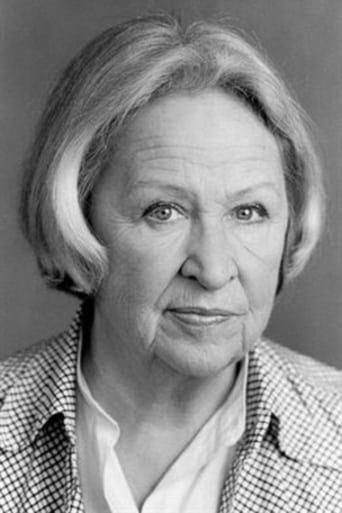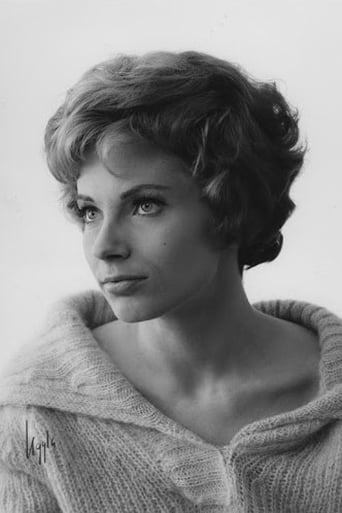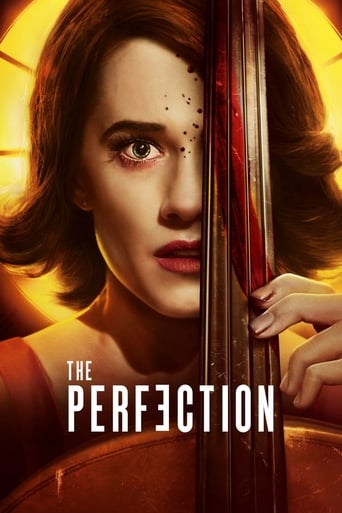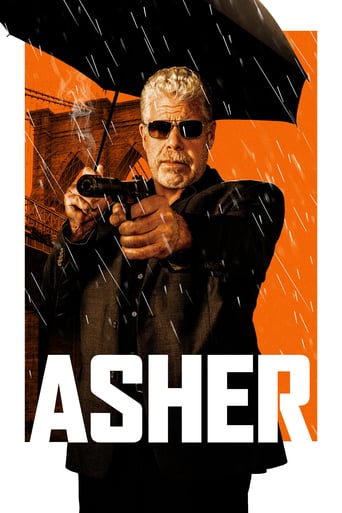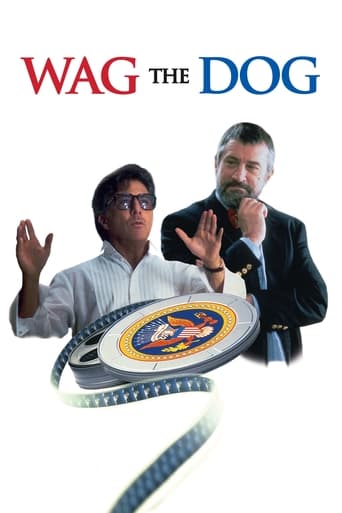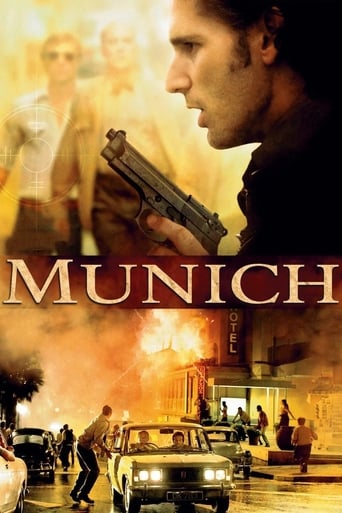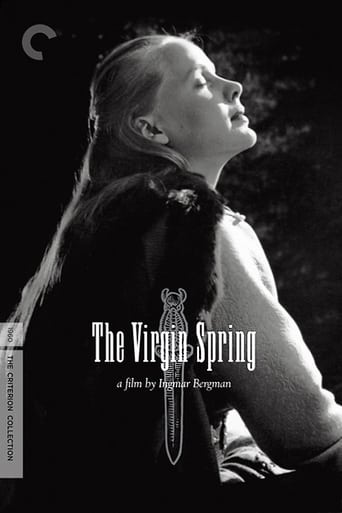
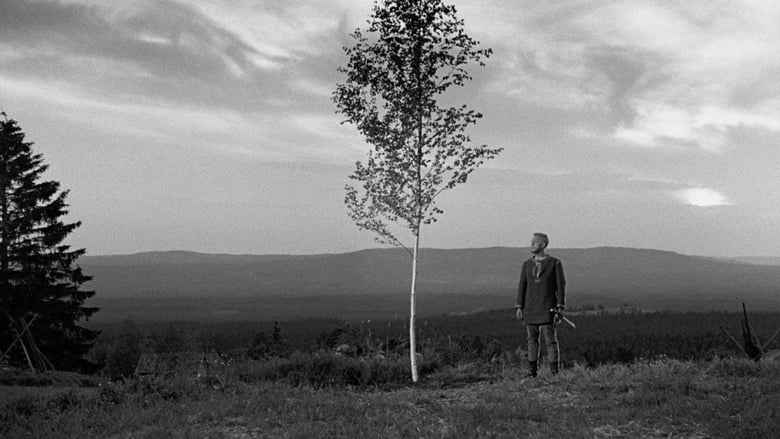
The Virgin Spring (1960)
Devout Christians Töre and Märeta send their only daughter, the virginal Karin, and their foster daughter, the unrepentant Ingeri, to deliver candles to a distant church. On their way through the woods, the girls encounter a group of savage goat herders who brutally rape and murder Karin as Ingeri remains hidden. When the killers unwittingly seek refuge in the farmhouse of Töre and Märeta, Töre plots a fitting revenge.
Watch Trailer
Cast
Similar titles
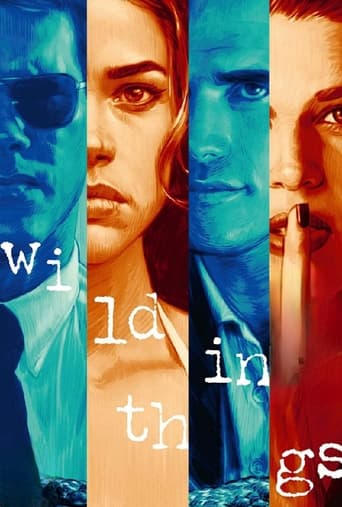
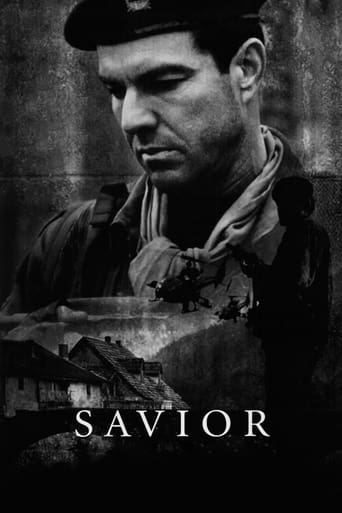
Reviews
Sadly Over-hyped
Overrated
Fresh and Exciting
I like movies that are aware of what they are selling... without [any] greater aspirations than to make people laugh and that's it.
Why do you want to see a movie of stone age? What is the magic flavor of it that films nowadays do not possess? Bergman's film reminds me of his profession of theatre constantly. His film, in every aspect, the theme, the setting, the scenes and the acting, is dedicated to a ritual intent. In many of the scenes, you might feel, if it's a 21 century movie, the original 5-min shots can be shortened to 30 secs. But strangely you seldom feel tedious watching these slow paced shots. Because more information (or feelings) is presented other than the set of plots. (Imagine how boring it would be if you simply tell a story of raping and revenge.) The extra information, in Bergman's case, is theatre- styled. It's not like the nowadays long shot that tries to give you a natural feeling or to immerse you in the setting, but more like a stage presentation. The position of actors, their reaction and their movements are subtly designed. The position implies the relation of people and makes part of the ritual. Every small reaction and movement conveys meaning, serving for communication, sometimes between characters, sometimes to themselves. This meaning is not meant to be life like, but more a symbolic one. The communications make most of the experience of the film, in another word, they do not serve story telling, they are the purpose of themselves. The modern technology changes story telling a lot, but this sense of theatre is timeless.
In my opinion one of the best Bergman movies. The characters are weird that is what makes them unique, "The Seventh Seal" of course is much better but I think there is no point in comparing these two masterpieces by the master. Bergman knew how to build controversial characters that can make one ponder and think, this movie is very unique because all of the characters make you think. One of the most implicit things which Bergman points to here is the Christian thinking that lead to death many a innocent victims. We should also not forget the fact that it is based on a Swedish ballad of 13th century. Hence, one should really work hard on the features of a movie that will contain characters who really make an impression. Bergman did his best here, and explained the story from his own perspective. For those who really want to watch this movie read the ballad first, it is really fascinating and very poetical. After reading the ballad the movie will open up to you as a book and you can understand it easily, however keep in mind the fact that Bergman did not try to communicate some secret messages via this movie, movie is pretty straightforward in its' essence. Thus, try to comprehend it as it is and don't apply any other motives or ideas to it other than those of Bergman.
The screenplay for The Virgin Spring was adapted from a 13th century Swedish ballad (search for the movie title in Wikipedia for notes about differences between the ballad and the movie). The goatherds in the ballad might have represented the pagan world, as Ingeri represented the world of Norse religion. Karin was killed by the amoral pagan world where only base motivations and instincts are in control. Karin's family represents the finer ethics of Christianity--a newer life view in 13th century Sweden. Man is not so far removed from paganism; and so Store is unable to completely abandon the vengeance of the old ways.One could probably write a paper just about what the writer and director intended by making the changes to the ballad's story. This would illuminate their intentions regarding the film's morality. From their 20th century perspective, the Catholic views of punishment and redemption would much clearer. But the world has had centuries to move past the simplistic philosophic views of the old world. Modern man has challenged the dogma and principles upon which Christianity is based, let alone the individual man's questions to a god that allows evil to exist.I enjoyed this film for its imagery and beautiful B&W photography. The acting was uniformly effective and convincing despite the fact that the characters were symbols for very basic moral roles.Some writers have tried to analyze the story in terms of (sexually) political issues, but their arguments seem contrived. This is a story about primitive emotions and modern attempts to cope with those emotions. It is effective in that.The primary question at the end of the film is whether Store's decision to build a church is relevant. Can every individual choose his own path to redemption? I guess if you believe that the spring is a message from god, then you can believe that man can choose his answer.
As part of my Bergman marathon, some for the first time, some for more, I watched The Virgin Spring, and was blown away. The film is not just a stark study of the cruelty and superstition of the Middle Ages but also a very powerful revenge story that is dripping with symbolism, though not too much to overshadow the storytelling. The story may be bleak, this is often considered one of Bergman's bleakest and most hard-hitting films, but always compelling and moving, the ending especially is miraculous. As ever with Bergman, The Virgin Spring is superbly directed and very atmospherically photographed(I did have difficulty believing that this was Sven Nykvist's first collaboration with Bergman, and I mean that as a compliment). It also has a haunting score and a thought-provoking screenplay. The scene with Karin being murdered is harrowing, and I think it really stays with you. The acting also has a lot of intensity, I especially want to single out Max Von Sydow, who is magnetic in presence and equally telling in his facial expressions. Overall, a brilliant film. 10/10 Bethany Cox

